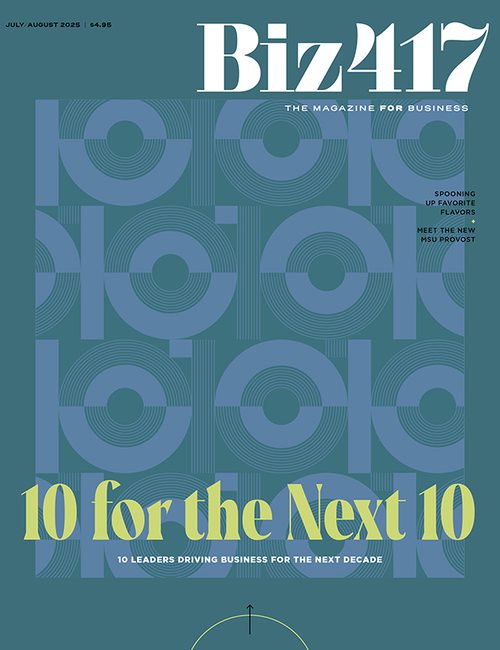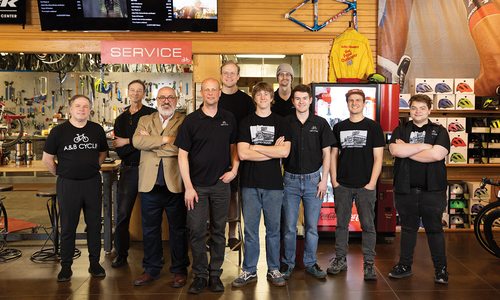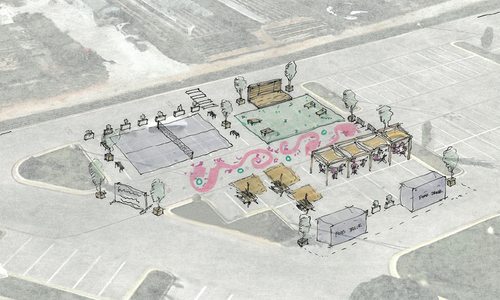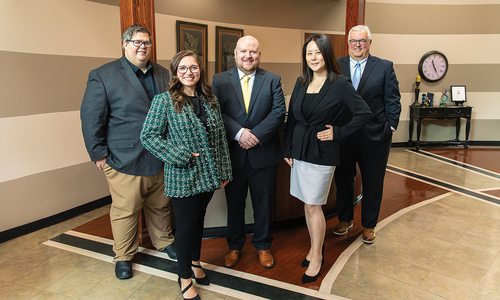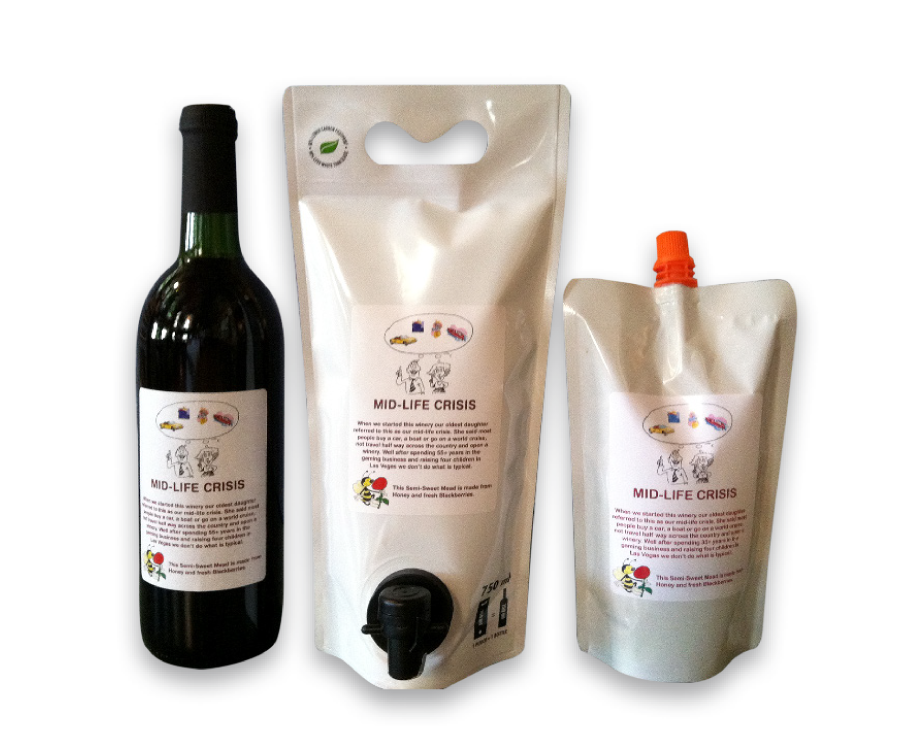
Small Businesses
7Cs Winery Goes Green with Recyclable Pouches
Since opening 7Cs Winery in 2009, Dwight and Jean Anne Crevelt have developed a successful niche making mead and more recently selling their wines in portable, recyclable pouches.
By Stephanie Towne Benoit | Photo Courtesy 7Cs Winery
May 2017

Since opening 7Cs Winery in 2009, Dwight and Jean Anne Crevelt have developed a successful niche making mead and more recently selling their wines in portable, recyclable pouches. Dwight reveals why they started using the distinctive packaging and what they’ve learned about staying nimble in their industry.
Biz 417: Where did you first encounter the pouches?
Dwight Crevelt: We saw those a couple years ago at one of the wine conferences and thought they were a neat idea. We have one that’s a 750-milliliter pouch that’s just like a full bottle and it has a little tap on it like box wines. And there’s also one that’s 375 milliliters that’s half the size, and it’s like a little Capri Sun for an adult with a little screw cap on top.
Biz: Why did you start selling your products in these pouches?
D.C.: There’s no corkscrew required. They are all made with totally recyclable materials. Plus, it goes where glass can’t go: lakes, float trips. We have a lot of people buy them for that and for camping. They cool off much faster because you don’t have to cool off all that glass, and they are very lightweight. They are great for camping, biking, anything you want to do. Last year, literally over 53 percent of our sales were pouches.
Biz: What have you learned as your business has grown and changed?
D.C.: You have to be flexible because whatever your business plan is, whatever you think is going to happen, something else is going to jump out and get ya. We were looking at mead being about 20 percent of our business at most, and here it is 60 percent of our business, so we had to shift gears and switch to produce mead. Now, I buy honey in 55-gallon drums. That’s a lot of honey, so you have to have the appropriate equipment to be able to handle those drums and do things like that. No other winery has that stuff. And we never even considered that as a possibility.
Biz: What inspired you to start making mead?
D.C.: Once we decided we were going to try to do a winery, we started taking classes out here through Missouri State at VESTA [Editor’s note: The Viticulture Enology Science and Technology Alliance is a national grape and wine education program.]. We also traveled all around the country visiting wineries. Every time we took one of our kids to college or took a vacation or something like that, we’d wine our way across the country, visiting wineries we as we went. We stopped into a meadery in Colorado up in Palisades and I tasted mead for the first time and said “Hey, that’s kind of neat. I can do that.” Basically, mead is a drink most people had forgotten about and didn’t know much about. When we started the winery in ’09, there were only 90 of us in the country making mead on a full-time basis. Now it’s up to 200.
Biz: So how do you make your business stand out now that others have started making mead?
D.C.: We have more varieties than anybody else in the state, and in fact more varieties than most anybody we know of. We are not afraid to do anything and try anything and experiment, and we come up with a lot of different flavors. About half a dozen other wineries in the state have started making at least one mead because they’ve seen the success we’ve had.
Biz: What advice do you have for people looking to take the plunge in a new industry like you did?
D.C.: Research, research, research. Learn everything you can about what you are going to do. Whatever business it is, talk to the other people in that business, learn everything you can to try to minimize the mistakes. We made mistakes. We tried to not make mistakes other people had. We made new ones. You are going to make mistakes. And the question is, “[How can you] minimize those mistakes?” Talk to the experts, and learn as much as you can before you jump in.

